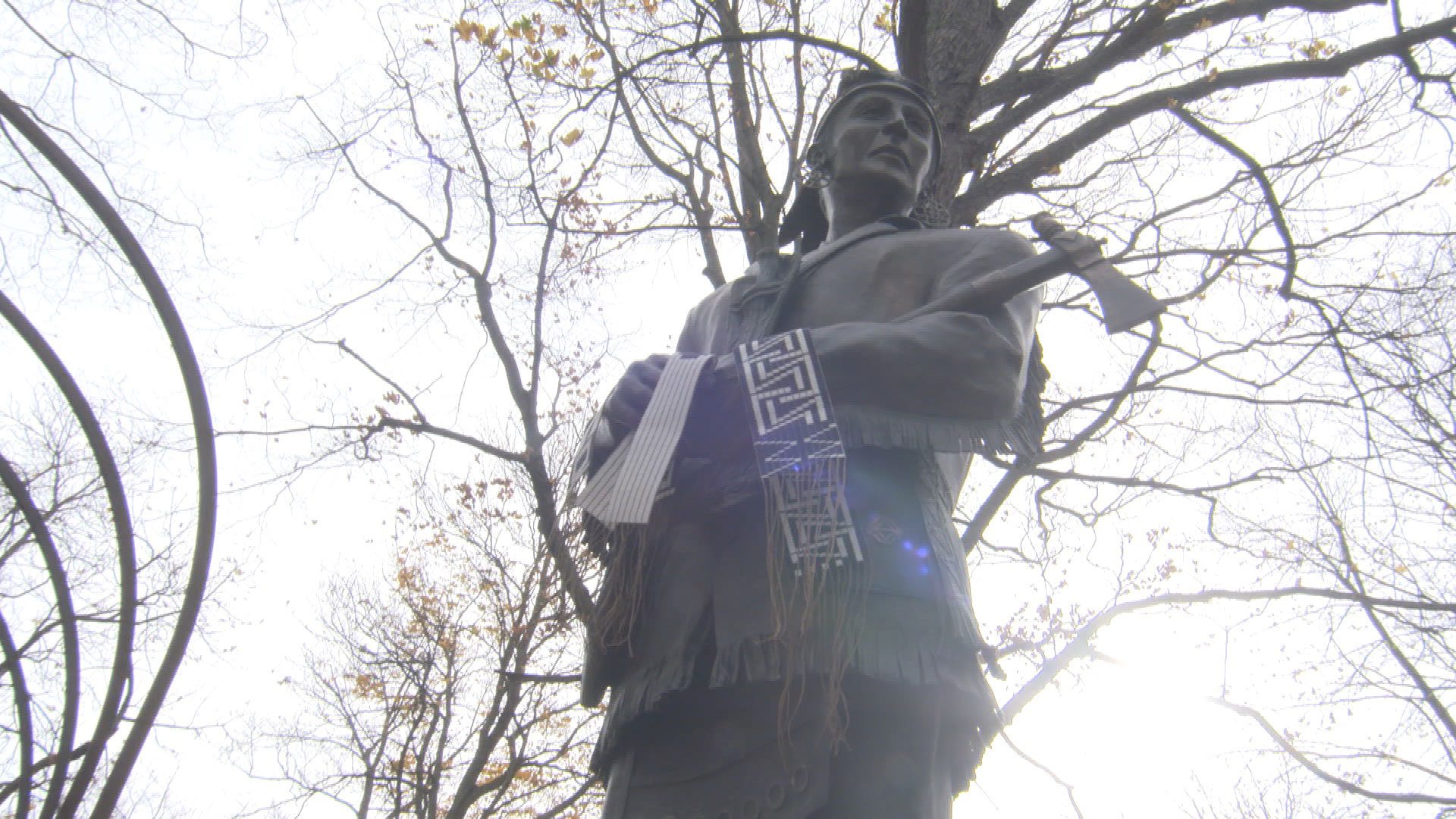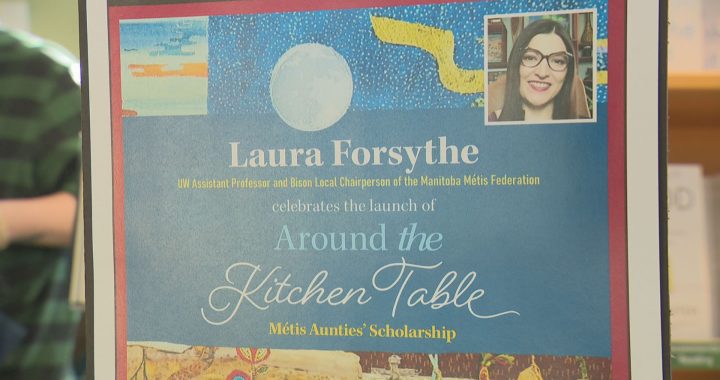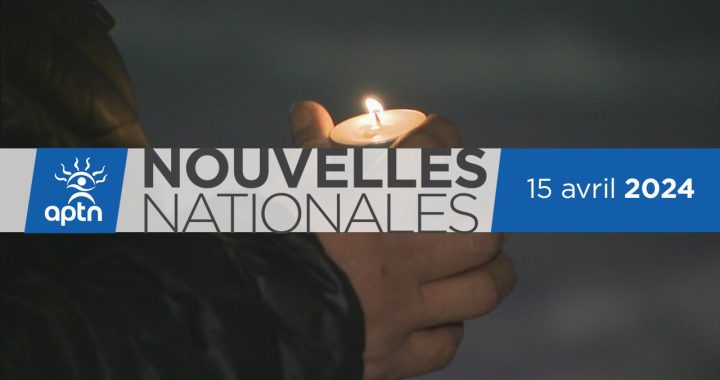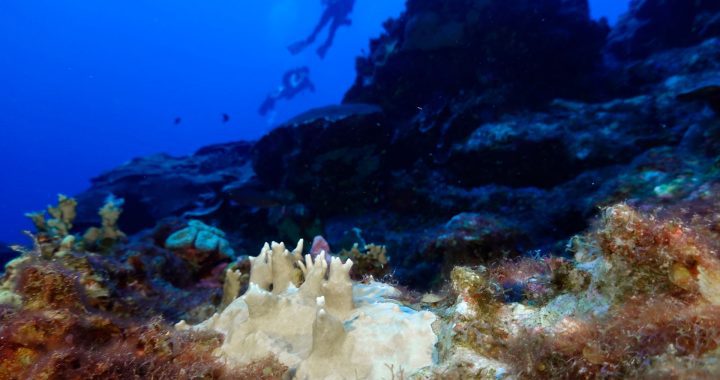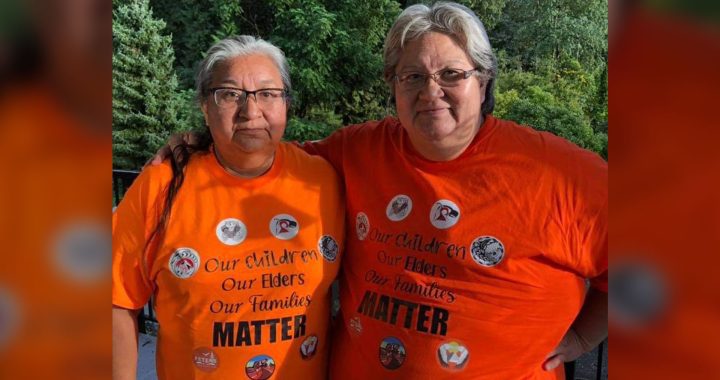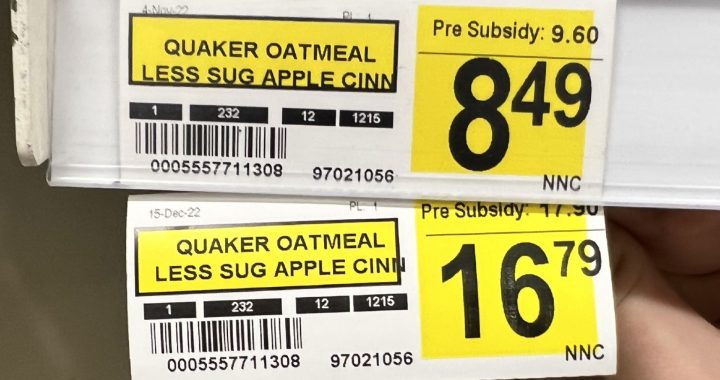Queenston Heights Park in Niagara Falls, Ont. is quiet today. The trees have mostly lost their leaves and sit ready for winter.
But going back more than 200 years – the sound of musket and cannon fire could be heard in this place.
This park was the site of one of the most famous battles in Canadian history during the War of 1812.
It’s also a place where Iroquois warriors are now recognized for their role in the battle and war.
“We’re kind of coming out of the shadow of Canadian history as well as American history,” said Travis Hill, site manager of Old Fort Erie and citizen of the Tuscarora and member of the Bear Clan of the Haudenosaunee Nation at a ceremony on Nov. 8.
“Our stories and contributions that we did throughout these specific battles… if it wasn’t for the warriors to come up the heights to pin down the Americans, the British would never have had the opportunity to turn back to gather together and push up the heights and push the Americans off.
“So it’s little stories like that and that’s only a small one example of many that we get to highlight on a day like today as well recognize our indigenous veterans.”
The war ran from June 18, 1812 until Feb. 18, 1815. It was sparked by an economic dispute between the U.S. and Great Britain.
The Battle at Queenston Heights was one of four sites the Americans attacked on Oct. 13, 1812, as a precursor to an all-out invasion. But British General Isaac Brock, who was killed in the battle, was able to hold off the Americans using Haudenosaunee fighters.
“The defeat of the Americans… undermined American morale throughout the United States,” said the American Battlefield Trust website.
“The defeat at Queenston Heights led General Dearborn to hesitate and ultimately reject his [Major General Henry Dearborn] plans of invading Canada.
Most Canadians think the War of 1812 was fought between British and American troops.
But 10,000 Iroquois and other Indigenous allies fought on the British side.
Tim Johnson, Niagara Parks senior advisor said without their help, Queenston Park and the surrounding area could have been part of New York State.
“Well for us it’s really education it’s important that folks understand the role that First Nations, Indigenous Nations played during the War of 1812,” he told APTN News. “That’s a huge history lesson for the entire country and so we build from that and bring out all the detail of all the service that Indigenous Peoples have had going back to when they were allies, Nation to Nation, to today working and serving in the Canadian Armed Forces.”
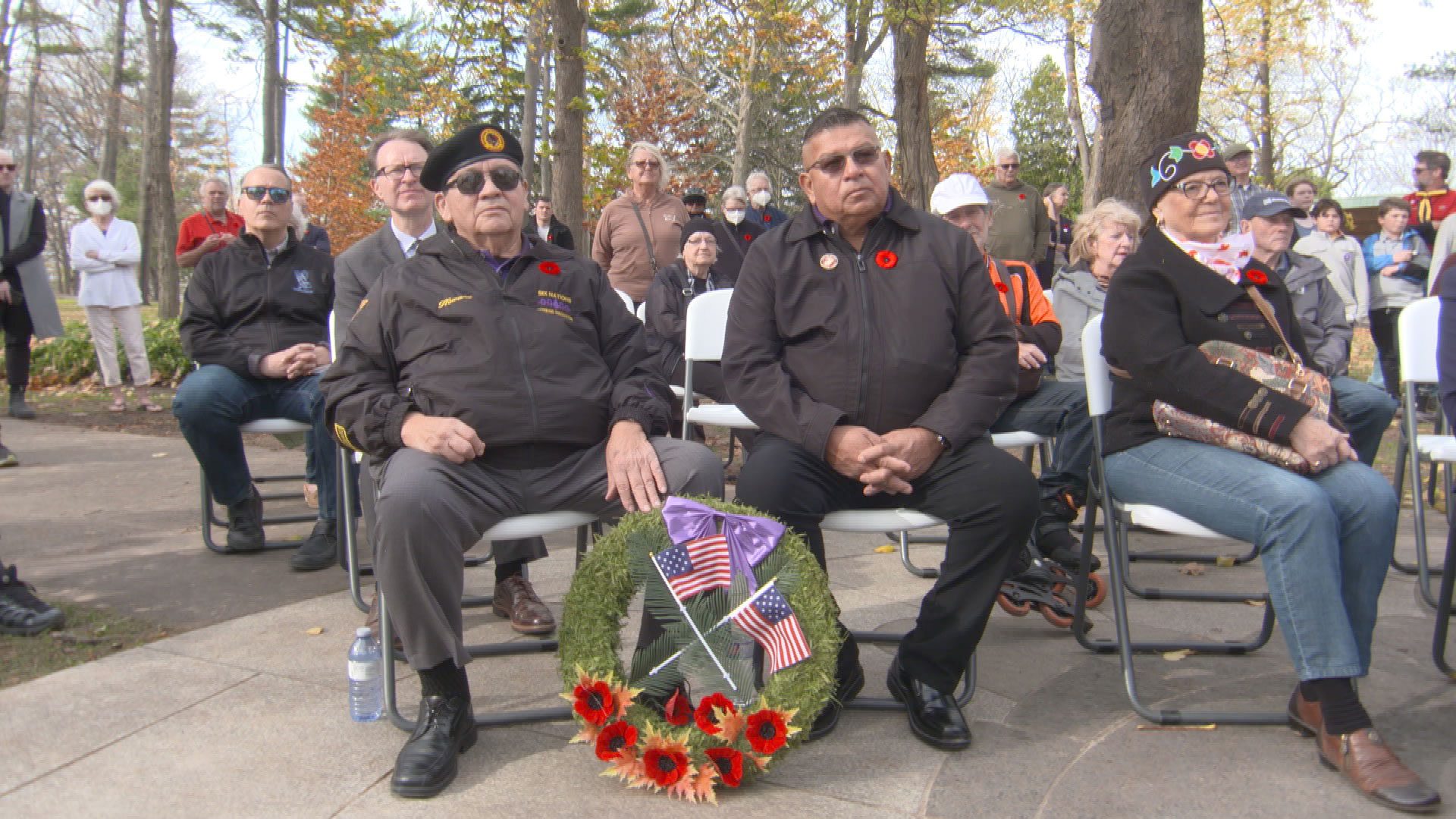
Howard Hill was one of the veterans honoured at the valour and victory services.
“I’m a third-generation veteran,” he said. “My grandfather was in World War One, my father was in World War Two, my brother and my brother-in-law and I were in Vietnam War so it’s a tradition that we try to carry on .
”Unfortunately I don’t have any kids in anything I hope we don’t have to have any in the wars but if we do we’ll support him in any way we can.”



